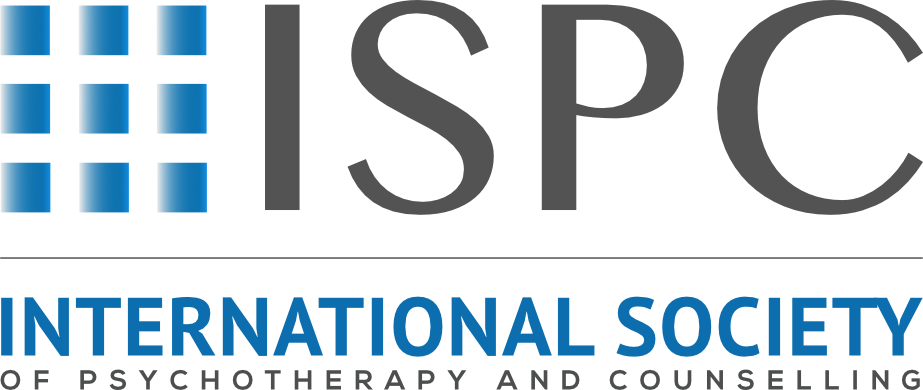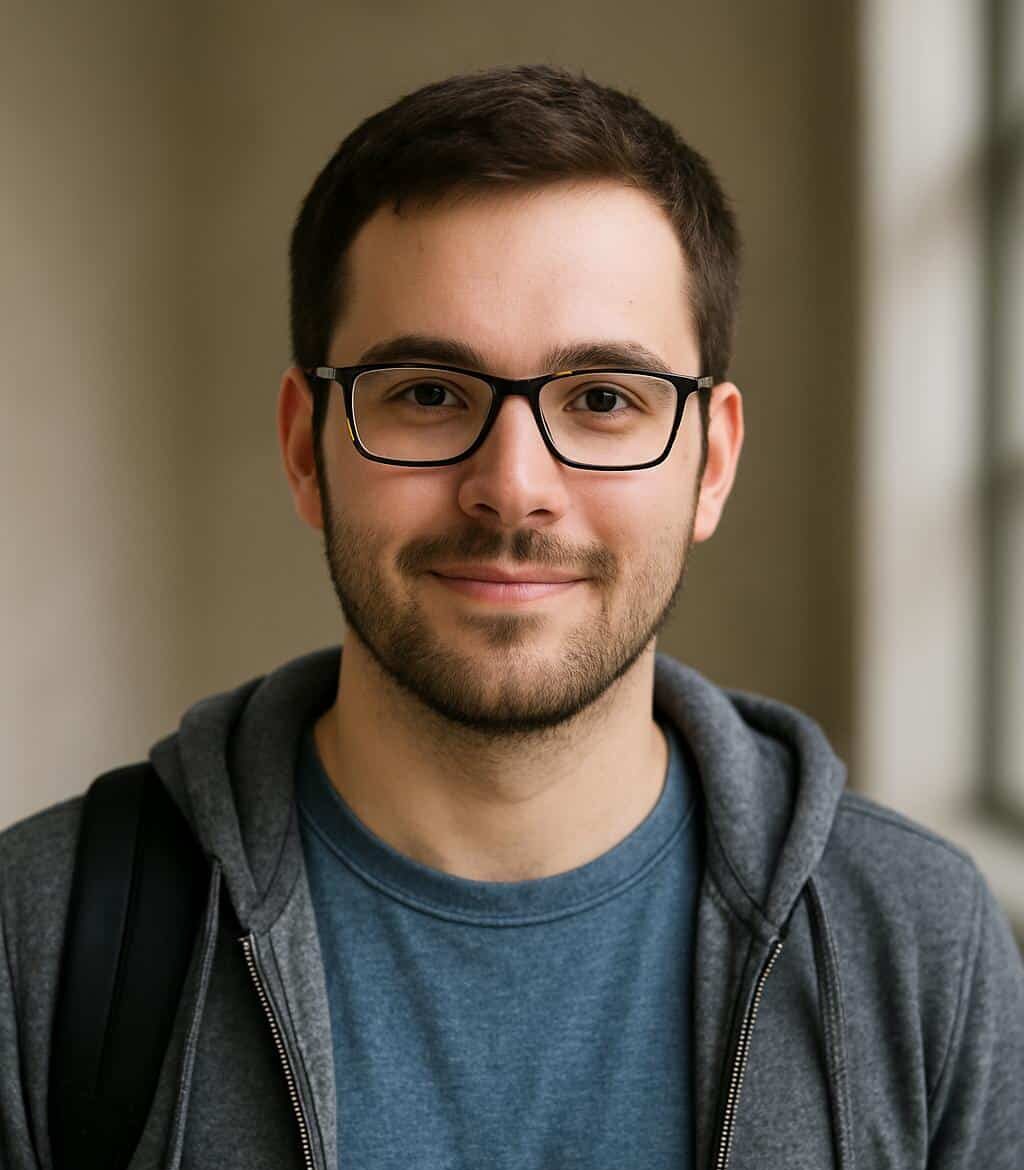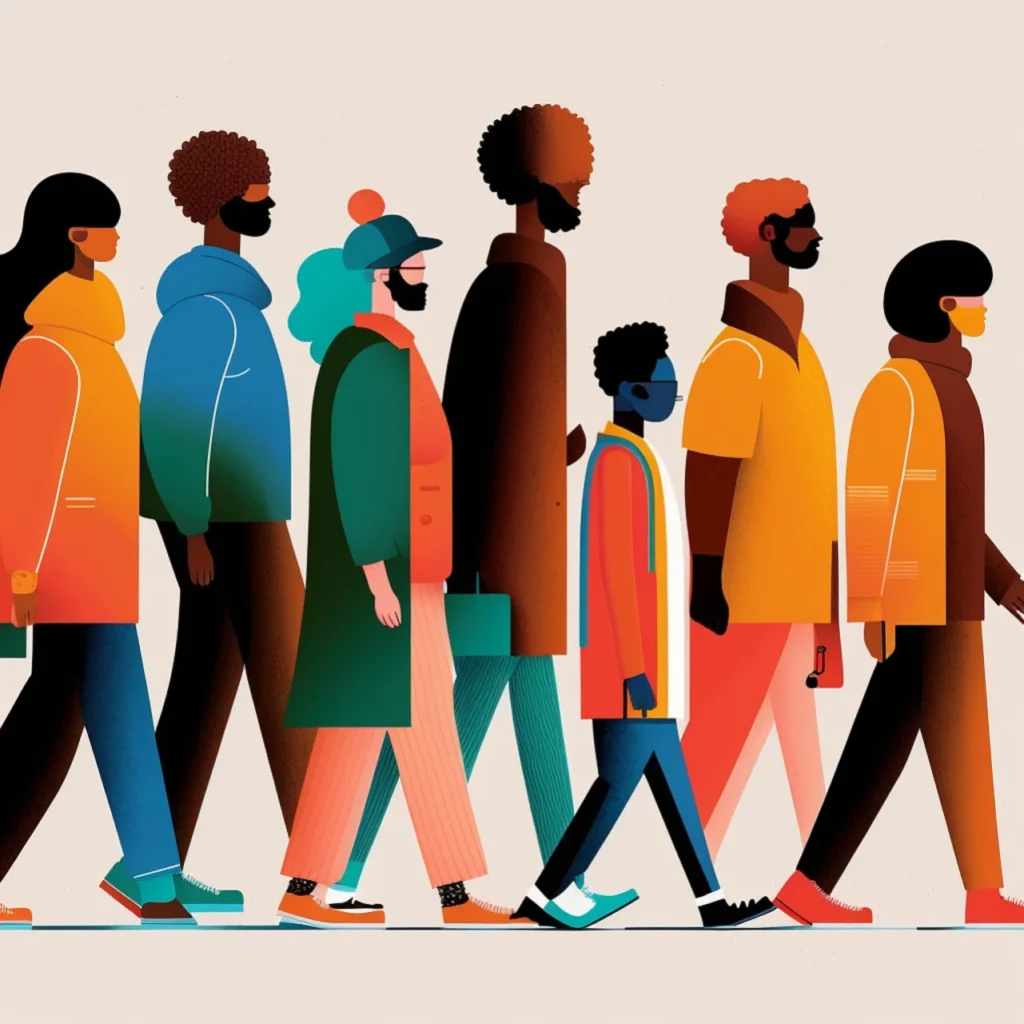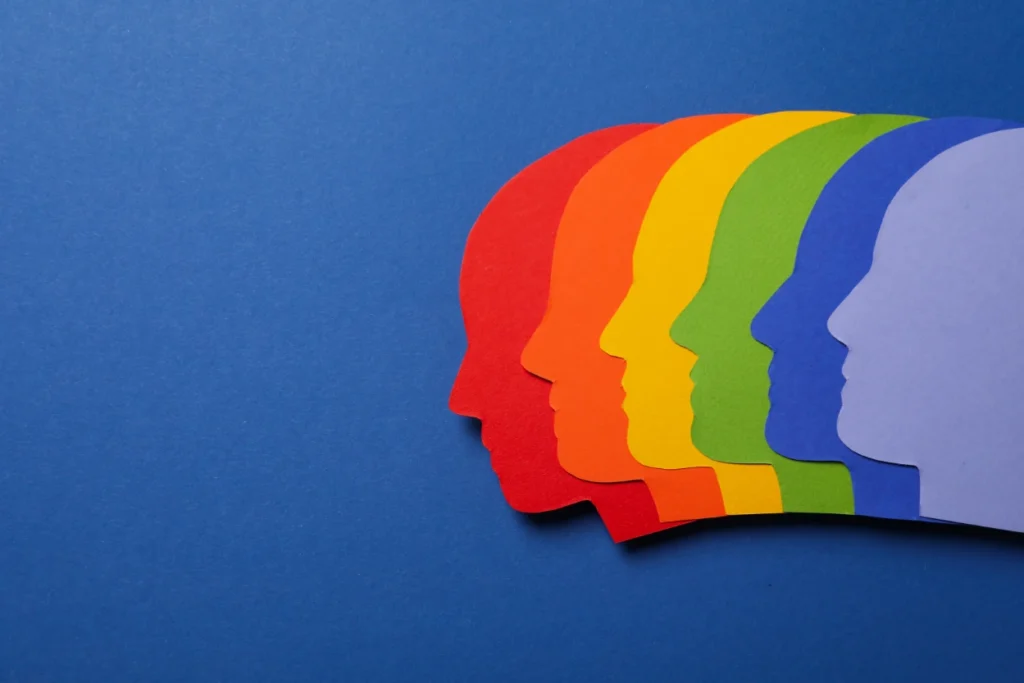A Personal Account of Managing BPD
I finally realised I needed help at the age of 35 when my life collapsed. I ceased to function, I lost my Job, my home, my family, everything. I was desperate and wanted the pain to end. It was not the first time I had attempted to end my own life and to this day I do not know how I survived.
I had what looked like an ideal life, good job, home, marriage, and a baby boy. What wasn’t apparent is that since the age of eight, I had been self-harming. At the tender age of 12, I first ligatured. I was hearing voices of people who had traumatised me. I drifted in and out of school and started taking illicit medication, Special K or Ketamine. At my worst I was spending 12K a year on Ketamine. During this time, I repeatedly overdosed, but never sort any medical help. I was that man who was in desperate need for help but found myself unable to ask.

When I lost everything…
…I went to live with my mother and father, in a place which had been toxic for me as a child. I did not discuss my drug use and I went cold turkey which, induced psychosis in me. I isolated myself until the hallucinations took total control, and I was hospitalised in an acute care mental health unit.
After that I got a diagnosis of Avoidant Personality Disorder, Transient Psychosis, Anxiety and Depression. After a three year wait for psychology, I had Schema Therapy whereby you explore childhood unmet needs and work on ways of meeting them. What Statutory Services were reticent in were consistency and promoting a sense of ‘Hope”. Support after being discharged from Psychology virtually non-existent. When I became very vulnerable and really struggled again. I was pushed from pillar to post. Too Complex for IAPT and not a substantive enough risk for some other services. This compounded many negative thoughts that I had about myself which were reinforced over many years whilst growing up.
Recovery is never a straight line
This this often reflected in chaotic lives and situations that I like many people with a diagnosis of Personality Disorder find themselves in. I was still drawn into a need to rescue people even at my own expense, this area of my life had been a major in going to night school, college and eventually university to gain employment where I could help people as I saw it (rescue them). Yet even with these intentions I was unable to extract myself from my secret life of Ketamine use. Whilst at University I worked full time hours, studied, helped pay for a mortgage/bills and fund a drug habit. But the need to feel a sense of purpose by rescuing people was very strong and at times impacted greatly on my well-being. Whilst working I took on board other people’s problems and became increasingly overwhelmed.
After my complete breakdown and hospitalisation, I again sought to try and find a degree of purpose and meaning to my life by rescuing others. Whilst at times this has helped, at other times it has left me incredibly vulnerable. 2 Years after my breakdown I saw a private counsellor for the first time. She saved my life on many occasions. She was not phased by the chaos around me or by my utter disdain for myself. For six years she supported me when nothing else was available. We did not necessarily explore deep trauma but dealt with the pressures of my daily existence. This is what I needed and could manage at that stage. I have regrets about not telling everything about the cycle of exploitation and ketamine use but I was so entrenched in guilt and shame around this, that I could not verbalise or deal with it at that stage.
And after a particular difficult period, approximately 14 years after my breakdown I saw another private counsellor and a private psychiatrist. These appointments were funded through a charity. For the first time I opened-up about the complex and traumatic way I used to fund my Ketamine. How I was exploited from a very early age by men and some women who used me for their own pleasures. The difficulty at home and school and how the exploitation outside, became a self-fulfilling prophecy. I wanted to forget everything about myself which Ketamine allowed for a period, but then I would need more and more to exist.
Speaking about this for the first time…
…led to further diagnostic labels of BPD, PTSD and later also ADHD. These additional diagnostic labels added a degree of sense to my own experiences and why the cocktail of psychiatric medication I was taking at the time did not have the desired impact.
Through further counselling and a change in my medication. I have developed an understanding my relationship between trauma, addiction, mental health and
I live with suicidal thoughts every day and still hear voices of people who traumatised me, have panic attacks, but I cope better now than I ever have.
I have positive mantras that I repeat every day, these give me a rational balance to the negative thoughts and voices. I also have statements which other people have written about me which also helps.
I am conscious of what others provoke in me, so I observe and give myself time to reflect on what is happening and am I absorbing or taking on board toxic thoughts. I now know that toxic masculinity destroys lives as it emotionally thwarts growth.
I am a strong advocate of giving yourself time to heal. Learning to control your breathing to bring your body in to a calmer state. I use something called square breathing which is a simple exercise whereby you inhale for two seconds, hold for two seconds, breathe out for two seconds and pause for two seconds. Then repeat gradually increasing the time.
I was asked if I had advice for my younger self what would it be. Well, that it is difficult. I narrowed it down to four things.
Firstly – you are not responsible for the way those that traumatised you as a child treated you. I still feel guilt, responsibility, and a great deal of shame but I am slowly learning to forgive and not to expect an apology from them.
Secondly, the idea of masculinity, or being the strong provider and protector, needs to change. This caused me to internalise a lot of pain and feel responsible for things that were out of my control.
Thirdly, I cannot do everything by myself and that it is okay to ask for help. The final bit of advice and is something I still struggle with is that my feelings are valid. Having spent my childhood feeling like a freak of nature because I was verbally and physically chastised for expressing my emotions. This invalidation has left me with limited way of expressing how I feel.
I now have a small group of friends who I can trust and have a better understanding of my own triggers, needs, and wants. This brings with it a new sense of hope.
I have also been asked to give advice to therapists. This is particularly difficult as I have learned as much from good therapists as I have from not so good, but at the same time I also need to reflect on my own position and perceptions at the time of being with that professional.
Sometimes no matter how good a therapist you are, a person might not be able to take on board or respond to the therapy, as it is not the right time/situation for them. Within this there is also another inherent learning point, you cannot rescue everyone. This is something that I still struggle with.
People with personality disorders experience intense emotions that can fluctuate rapidly. This can make the individual appear unpredictable and volatile. In my experience having fixed and negotiable boundaries, agreed outcomes can help provide a safe and containing environment for the expression of difficult emotions.
People who have this diagnosis of personality disorder can often be triggered by things that transport them to previous traumas. I have previously not been able to work with one professional who was trying to support me as his mannerisms reminded me of previous situations. It was not a reflection on him but of the history of my own trauma that it made me relive.
It is a common. Experience to hear description of individuals who have a Personality Disorder diagnosis, as being manipulative, deliberately splitting etc. However, when explored it is apparent these are strategies learned through their life experiences. Effectively they are a limited way expressing how to get their needs met. When we reflect on ourselves, everyone at times uses a degree of manipulation to get a some need met.
From my own experiences and from helping others with a diagnosis of personality disorders, we often seem to live chaotic lives. This is often reflected in the way we present and interact with others. This is further compounded by associated issues of potential self-harm and risk, family dynamics, impulsivity, substance/alcohol misuse, multiple service disengagement, risk taking behaviours etc. For these reasons, stigma, misunderstanding, a reluctance to get involved for fear of making situation worse and a whole host of other ideas, people with a diagnosis of personality disorder are marginalised from society and mainstream services.
Whilst our lives and situations may be complicated, we are not the sum total of our diagnosis. Anyone who actively seeks to listen, work within agreed limits, keeps to what they say they are going to do and is honest, will have the foundations of a working relationship. I have learned the hard way that it is not necessarily about the type of therapy but more importantly about the quality of the therapeutic relationship that allows progress, growth, and healing.
Robert G









